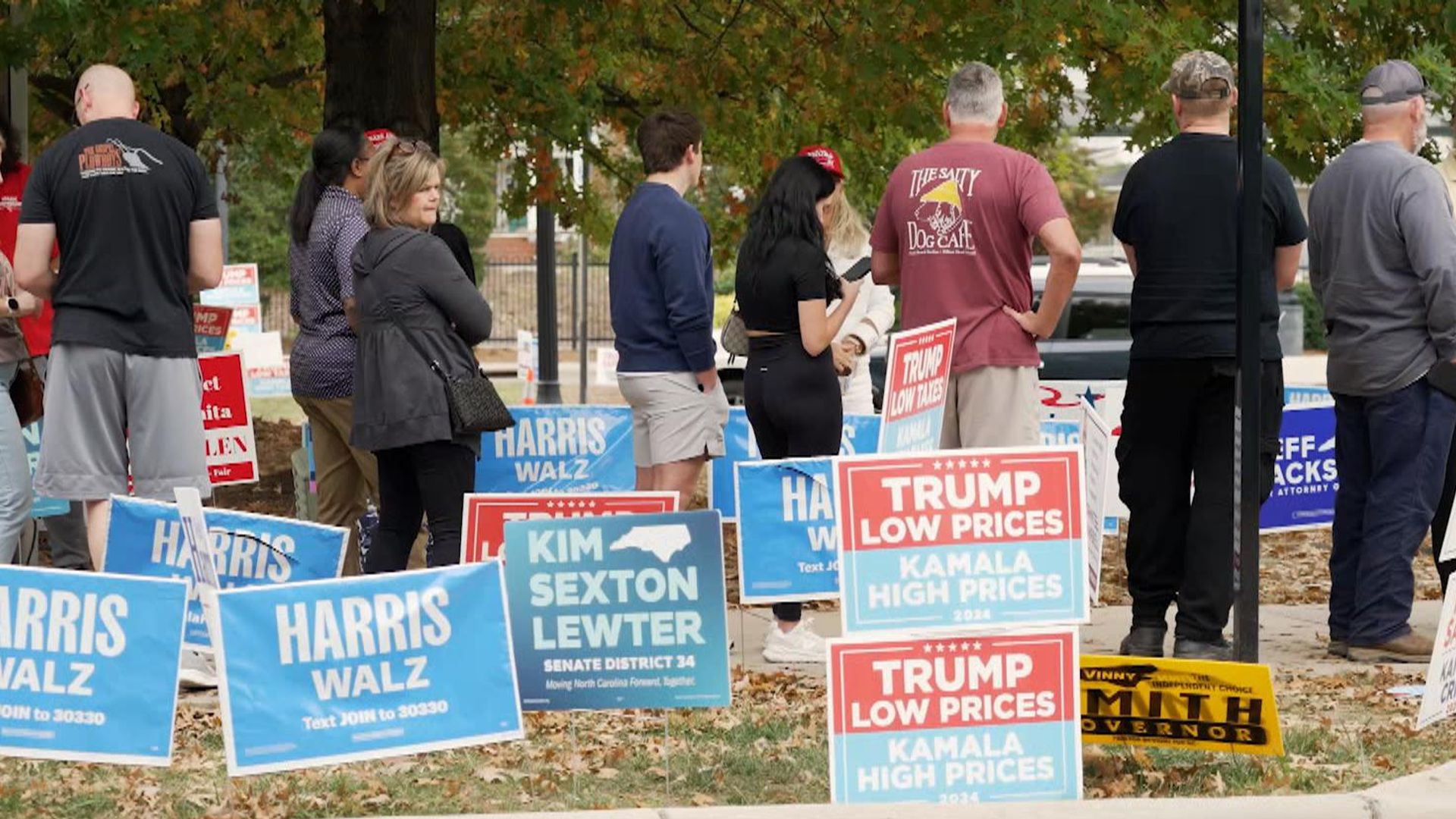
The BDN Opinion section operates independently and does not set newsroom policies or contribute to reporting or editing articles elsewhere in the newspaper or on bangordailynews.com.
Robert A. George is a Bloomberg Opinion columnist and member of the editorial board covering government and public policy. Previously, he was a member of the editorial boards of the New York Daily News and New York Post.
Streaming’s latest hit show, “McCarthy Agonistes,” has ended its five-day run, but the protracted vote for speaker of the House highlighted one unexpected yet welcome facet of the Republican Party: actual diversity — and not just of the ideological variety.
I recently wrote about how Black Republicans in the House, in doubling their numbers from just two to four, might be able to leverage their newly found prominence. I didn’t expect their opportunity to come so soon.
On the second day of voting, the anti-Kevin McCarthy faction settled on U.S. Rep. Byron Donalds of Florida as its preferred candidate for speaker. Donalds, elected in 2020, had announced shortly after the November election his interest in running for the Republican Conference chair position currently held by U.S. Rep. Elise Stefanik. Stefanik beat back the challenge easily, but the effort immediately marked Donalds as someone to watch. Sure enough, after supporting McCarthy on the first two ballots, Donalds threw in with the insurgents.
When Donalds’ name was put forth, the Democratic caucus didn’t exactly cover itself in glory. In his speech nominating Donalds, U.S. Rep. Chip Roy observed that, with the Democrats’ earlier nomination of Hakeem Jeffries, “for the first time in history, there have been two Black Americans placed into the nomination for speaker of the House.”
Republicans lept to a standing ovation. Democrats were notably slow to rise. U.S. Rep. Cori Bush later tweeted that Donalds “is not a historic candidate for Speaker. He is a prop. … His name being in the mix is not progress — it’s pathetic.”
Bush’s “prop” language is a demeaning insult, one often made against minority Republicans. Even more, it denies Donalds agency: He’d already made it clear that he wanted a significant role in the Republican caucus. Why not offer himself up for a possible major leadership position?
Bush’s tweet also betrays an ignorance of how diversity and opportunity work in the real world. Progressives have long argued that diversity is a strength of U.S. society, business and culture. By nominating Donalds, Republicans were acknowledging this truth. Yes, the nomination was symbolic, even quixotic, but so are many early opportunities.
Indeed, McCarthy’s supporters immediately saw the symbolic value of the Donalds nomination. On the third day of voting, another Black Republican, John James of Michigan, stepped forward to present arguably the best McCarthy nominating speech of the week. James’ speech was partly about his own biography, but it was also about the GOP as the historic vehicle for African American aspirational achievement — and McCarthy’s role over the last two elections in working to diversify the party. The racial, ethnic and gender diversity of the GOP was then highlighted over the next several votes, with nominating speeches delivered by U.S. Rep. Anna Paulina Luna, Kat Cammack and Juan Ciscomani.
Republicans may not have had their act together in terms of actually naming a speaker — it took them five days to settle on McCarthy (and in the end, Donalds was a supporter). But the debate showed they understand some of the broader politics of diversity. No matter how right-wing various factions in the party might be, or how much trouble they might yet cause, they’ve absorbed the progressive lesson that representation matters.










